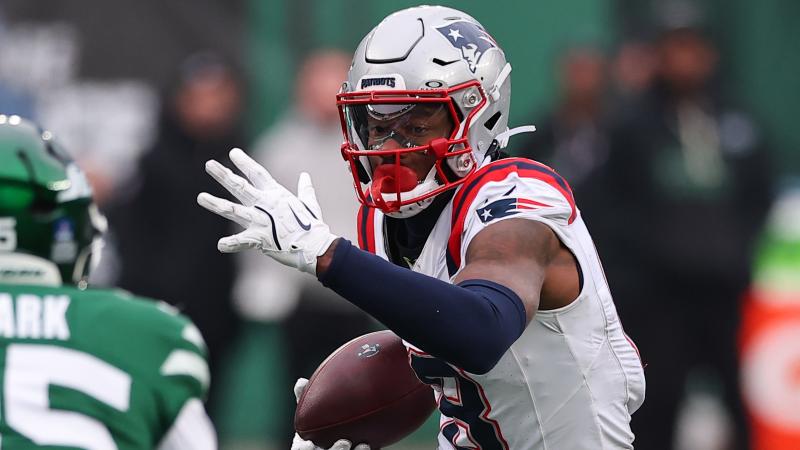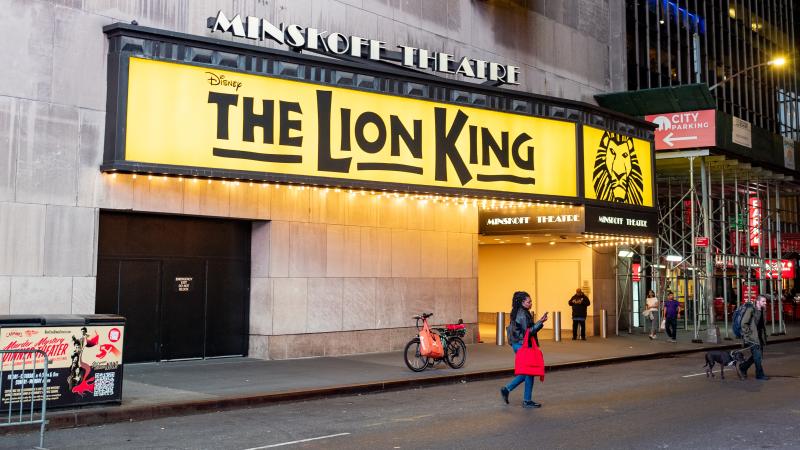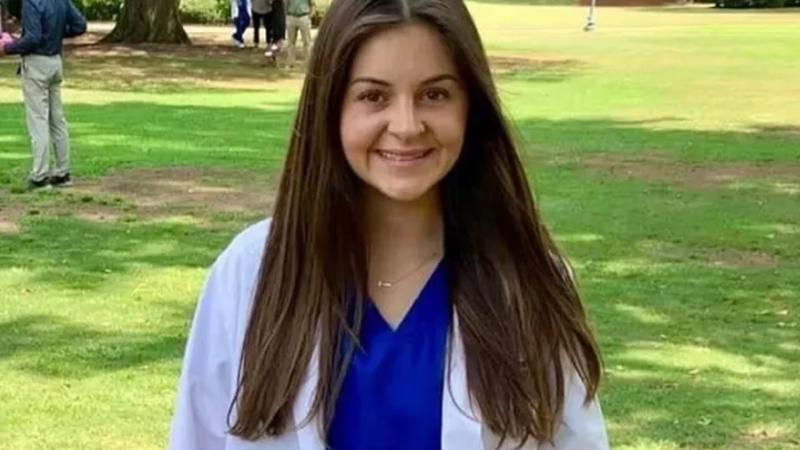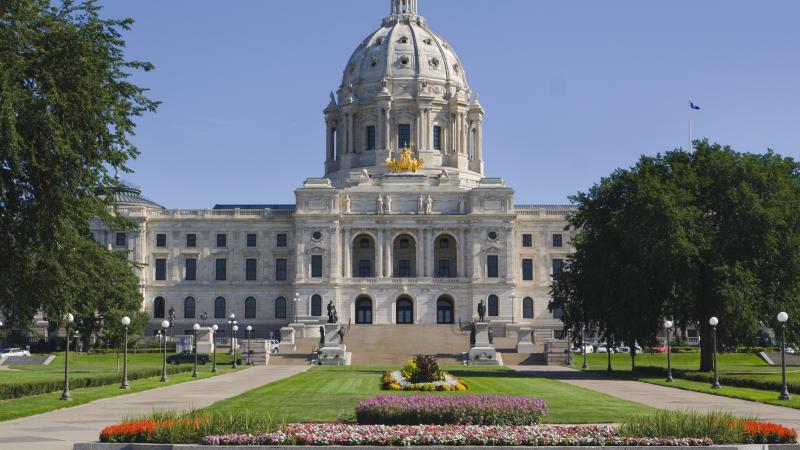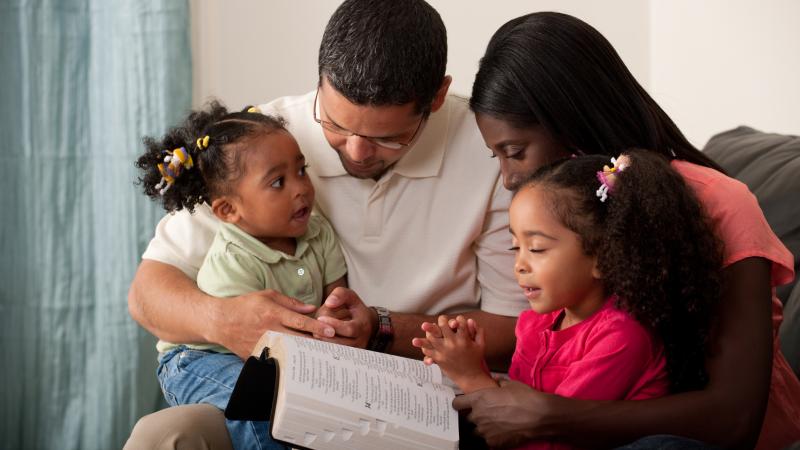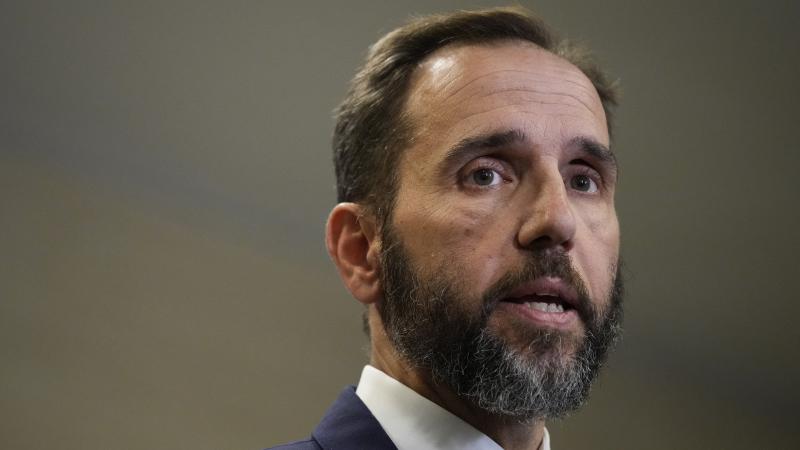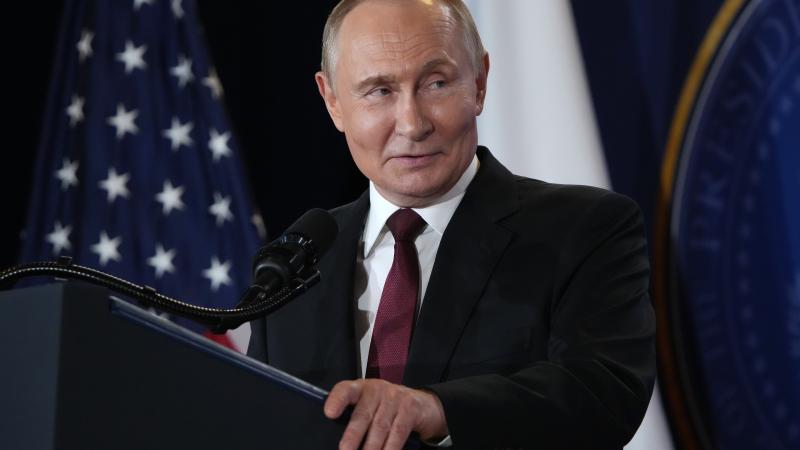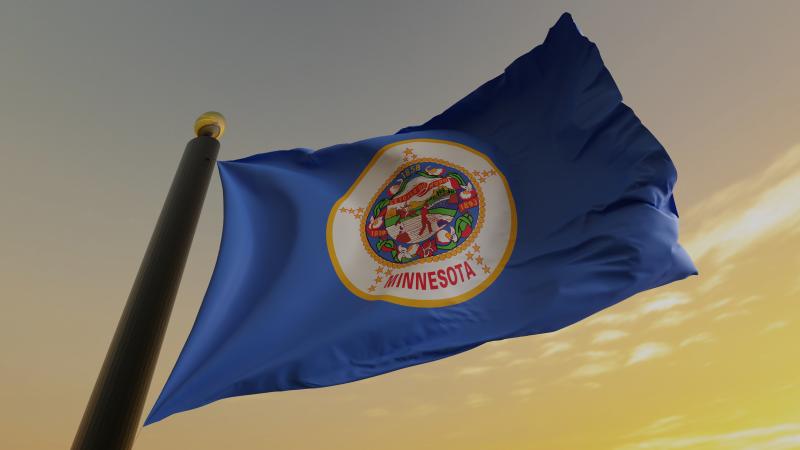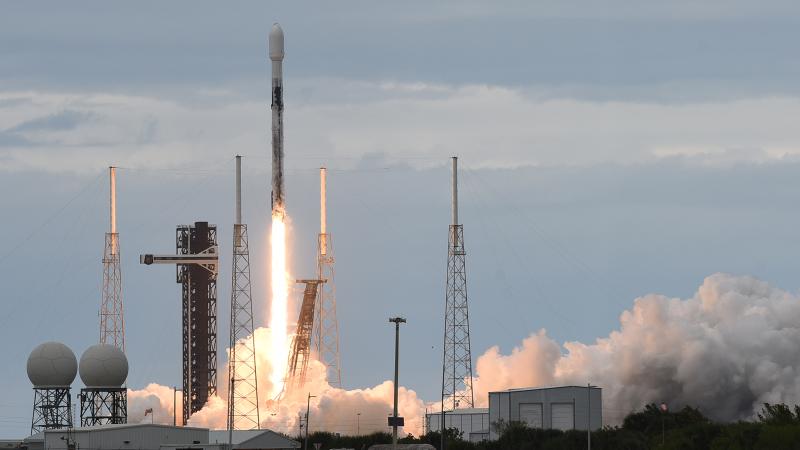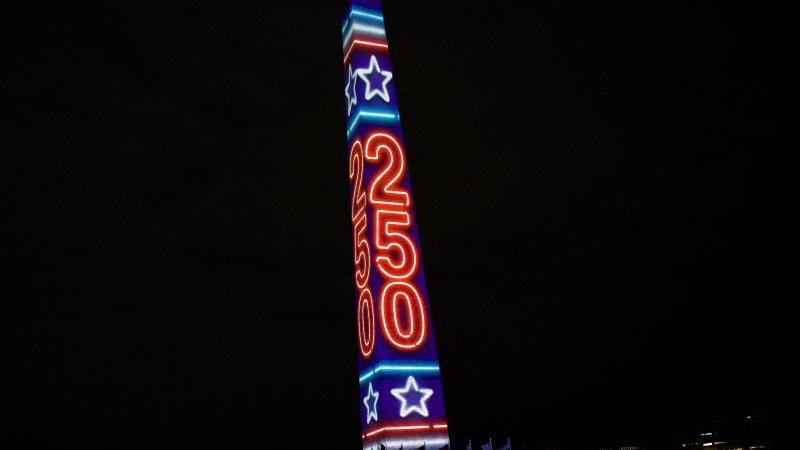From Nixon to Flynn, a rich and sometimes controversial history of presidential pardons
President Trump's pre-Thanksgiving pardon of his former national security ended a four-year legal saga, and extended a colorful legacy of presidential clemency
President Trump’s full pardon Wednesday of his former national security adviser Michael Flynn brought to end a four-year legal saga and extended a colorful legacy of presidential clemency that dates to America's first commander in chief.
The very first pardons granted by an American president took place in 1795 under George Washington, who pardoned two men for their participation in protests known as the Whiskey Rebellion. Washington had decided to tax whiskey to help pay the debt from the Revolutionary War. A group of farmers who were hurt by the tax engaged in violent protests. Two of them, who were convicted and sentenced to death by hanging for treason, were the first two people to be pardoned in the new United States of America. Alexander Hamilton, Washington’s Treasury Secretary, strongly opposed the pardon.
On Christmas Day in 1868, President Andrew Johnson granted full pardons and amnesty “for the offense of treason” to all soldiers who fought for the Confederacy during the Civil War. He believed that this would help heal the nation’s wounds from a war that had seen more than 600,000 Americans die from combat, accidents, starvation and disease.
Richard Nixon was pardoned by Gerald Ford, who had become Nixon’s vice president when Spiro Agnew was forced to resign after he was charged with income tax evasion. Nixon resigned the presidency following the Watergate scandal, and impeachment proceedings against him had begun. One month after being sworn in as president, on September 8, 1974, Ford issued a “full, free and absolute” pardon covering any and all crimes he may have committed while in office.
Jimmy Carter, on the day before he left office in 1981 after losing his re-election bid to Ronald Reagan, pardoned Peter Yarrow of the famous folk trio, Peter, Paul, and Mary. Yarrow had pleaded guilty more than a decade earlier to a morals charge involving a 14-year-old girl. A presidential pardon, Yarrow wrote, would help his children understand that "society has forgiven their father" and might help lessen the "sense of shame that they will inevitably feel."
President Ronald Reagan pardoned George Steinbrenner in 1989, as he was leaving office. Steinbrenner, the flamboyant owner of the New York Yankees, had pleaded guilty in 1974 for making illegal financial contributions to Nixon’s re-election campaign in 1972, and for obstructing justice. He paid a fine, but never went to jail.
George H. W. Bush in 1992 pardoned Reagan’s former Defense Secretary Caspar Weinberger, who had been caught up in the Iran-Contra scandal.
Sometimes, pardons have created their own controversies. Bill Clinton generated just that with his clemency orders for figures like the fugitive financier Marc Rich, his brother Roger Clinton, the heiress Patty Hearst and 16 members of the Puerto Rican paramilitary group FALN, which Congress later condemned.
Rich was perhaps the most notorious white-collar criminal until Bernie Madoff. In 1983 he was indicted on 65 criminal charges including tax fraud. He fled to Switzerland to avoid prosecution, having evaded at least $50 million in federal taxes. He renounced his U.S. citizenship, traded with Iran while it held American hostages, and much more.
His wife, Denise, appealed to Bill Clinton to give him a pardon. She gave more than $1 million to Clinton’s campaign and the DNC, and hundreds of thousands more to the Clinton Library, Hillary’s Senate campaign, and gifts to the Clintons.
Among the most investigated acts of clemency involved the FALN, the Puerto Rican terrorist organization. Clinton granted commutations to 16 members of the organization that blew up the Fraunces Tavern in 1975, killing four and injuring 60 more. In 1982, in one hour they set off four bombs, including at FBI headquarters in Manhattan and at the federal courthouse in Brooklyn. All told, by 1986, the FBI had linked the FALN to 146 bombings and a string of armed robberies.
Clinton announced the commutations in 1999, while his wife was on her “listening tour” in advance of her Senate run in 2000. None of the 16 whose sentences were commuted had even asked for it. Congress and the FBI pushed back strongly. The Senate condemned the act in a 95-2 vote, and in the House it was by a vote of 311-41.
Bill Clinton also pardoned Susan Rosenberg on his last day in office. Rosenberg was another terrorist, part of the radical Weather Underground and the May 19th Communist Organization, which advocated the overthrow of the U.S. government. She was involved in armored truck robberies and bombings of government buildings. She was sentenced to 58 years in prison on weapons and explosive charges. After just 16 years, Clinton commuted her sentence to time served. In recent years, Susan Rosenberg has served as vice chair of the board of directors for Thousand Currents, an organization that does fundraising for the Black Lives Matter Global Movement.
Bill Clinton famously pardoned his own brother, Roger, after he served a year in prison for pleading guilty of dealing cocaine.
Less than a month later, Roger Clinton was arrested for driving drunk and disturbing the peace.
Another one from Bill Clinton, perhaps among the easiest to justify, was Patty Hearst. She was the daughter of the newspaper tycoon William Randolph Hearst. In 1974, Patty Hearst was kidnapped by a revolutionary terrorist group, the Symbionese Liberation Army (SLA).
She was held, locked in close quarters, blindfolded, assaulted and raped, according to her testimony. But she also engaged in a series of armed robberies with other SLA members. Though her defense was that she had been brainwashed, she was found guilty and sentenced to seven years in prison. In 1979, Jimmy Carter reduced her sentence, and in 2001, Clinton pardoned her.
George W. Bush commuted the 30-month sentence of Lewis “Scooter” Libby in 2007. Libby had been convicted of obstruction of justice and perjury in the so-called Valerie Plame affair. He had been a close adviser to Vice President Dick Cheney, when he was accused of outing a CIA agent. However, he was never convicted of any such charge. In 2018, President Trump granted Libby a full pardon.
Obama issued the most acts of clemency since Harry S. Truman. Throughout his presidency, Obama granted clemency to nearly 2,000 individuals, including 212 pardons and 1,715 commutations. Barack Obama issued some controversial pardons. His most controversial included Chelsea Manning and Oscar Lopez.
Bradley Manning, a former Army Intelligence analyst, was convicted in 2010 of leaking a massive amount of documents to WikiLeaks – documents containing classified material about military and diplomatic activities around the world. Manning received a sex-change operation and changed names to Chelsea while serving a 35-year sentence. Manning was released after just seven years when Obama commuted the remainder of the sentence in January 2017.
That same month, at the very end of his presidency, Obama also commuted the sentence of 74-year-old Oscar Lopez Rivera. Rivera had served 35 years of a 55-year conviction for the crime of “seditious conspiracy.” He was also convicted of attempted robbery, explosives and vehicle-theft charges. He was part of the same FALN group that Clinton’s commutations had targeted years earlier.
Before Wednesday's full pardon of Michael Flynn, President Trump had several high profile pardons and commutations. Among them:
- Jack Johnson, the black heavyweight champion from a century ago who was pardoned posthumously.
- Alice Marie Johnson, a model prisoner who was serving time for drug offenses when her case was championed by the Hollywood figure Kim Kardashian
- Roger Stone, the longtime political operative and Trump ally convicted in the Russia collusion probe.
- Rod Blagojevic, the former Democratic governor of Illinois and reality TV guest.

